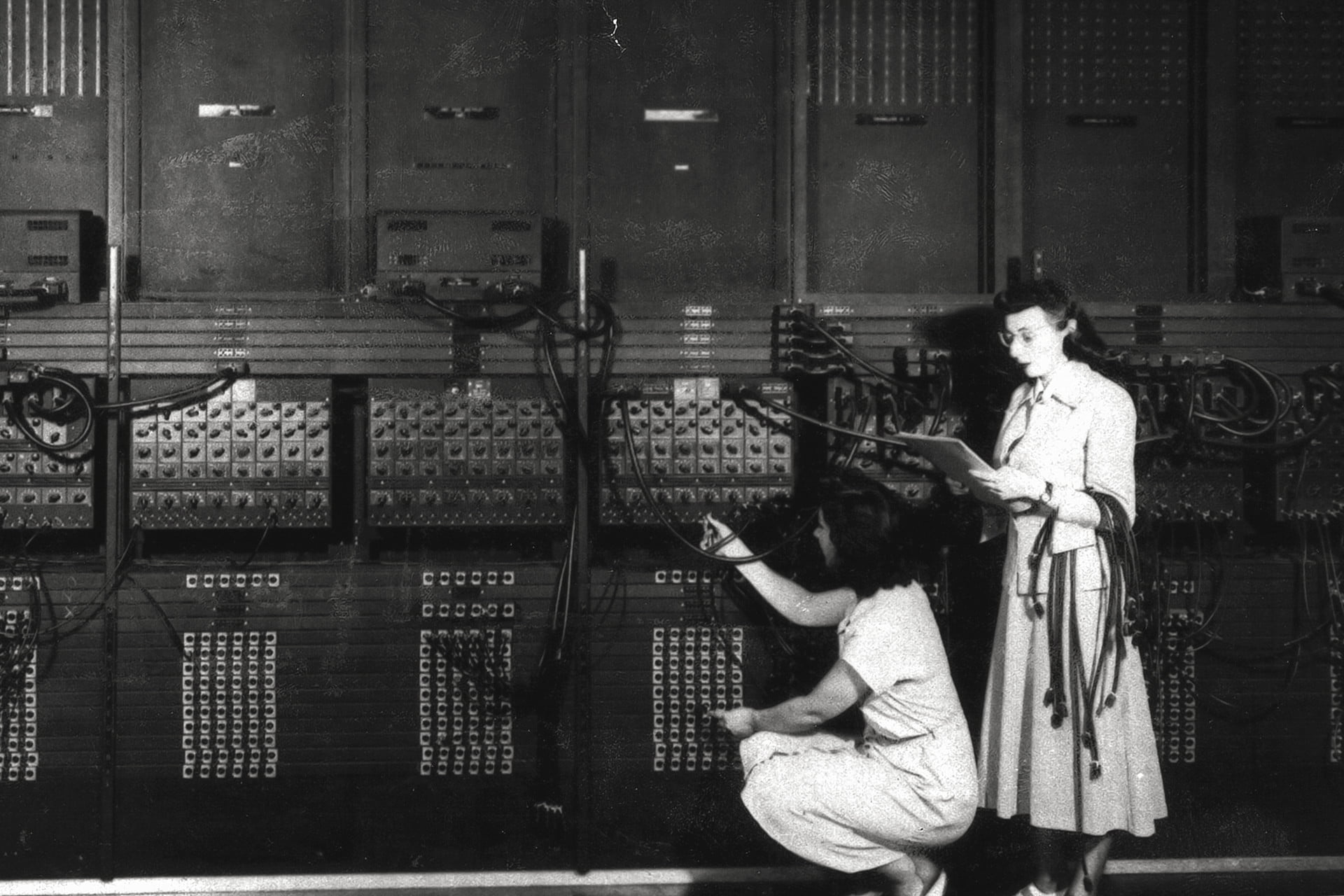What does the Quality Assurance Dedicated Team Model entail?
The dedicated team model is a contemporary method for software testing that entails assembling a group of QA experts who are totally committed to a single project or item. These devoted groups participate actively in the development process and work closely with the client. They are dedicated to producing high-quality work, finishing projects on time, and resolving any problems that may develop throughout the software development lifecycle.
The Dedicated Team Model Is For You When:
- It is necessary to build strong long-lasting relationships between the quality assurance vendor and the client
- The client’s startup has a huge potential for scalability and its requirements can be easily changed
- The in-house quality assurance team is difficult to be trained or managed
- There is a need to minimize the quality assurance cost
- You would like to transparent the processes and to control, find and destroy all the bugs
The Dedicated Team Model is one of the most widespread engagement models, which is applied more than in a half of startups. Clients who apply for the Dedicated Team Model usually look for something more than just additional remote independent testing. They need specialists with a high level of motivation who will be ready to devote themselves to the project completely, for whom it will be important to achieve a perfect result (or at least to get as close to it as possible).
Key Advantages of the Dedicated Team Model
- Streamlined Communication: By collaborating closely with the client, the committed QA team can make sure that they are consistently in line with the objectives and specifications of the project. Due to their close working relationships, the team is better able to communicate clearly and respond to problems quickly.
- Cost-effectiveness: With the dedicated team model, you only pay for the services you actually use, and you can scale it up or down to meet your project’s needs. This adaptability can enable businesses to reduce expenses without compromising quality.
- Efficient Resource Allocation: A dedicated QA team is highly specialised, with each team member concentrating on a particular area of the project. This results in efficient resource allocation. The efficient use of resources is ensured by this division of labour, which produces quicker and more precise results.
- Higher Quality Outputs: You can anticipate higher quality outcomes when a team of experts is devoted solely to your project. These experts have the skills and experience to spot potential problems and address them, producing a better product as a result.
- Continuous Improvement: A committed QA team constantly looks for ways to enhance the testing procedure, putting new tools and methodologies into use as necessary. This dedication to ongoing development ensures that your software products remain in the lead.
How to Implement the Dedicated Team Model in Your Organization
- Identify Your Project’s Goals and Requirements: Prior to forming a specialised QA team, it is crucial to have a firm grasp of the objectives and specifications of your project. This will enable you to choose the ideal team size, skill set, and testing procedures.
- Choose the Right Team Members: The success of the dedicated team model depends on putting together a group of knowledgeable professionals. Look for candidates who are committed to delivering high-quality results, have strong technical skills, and have excellent communication skills.
- Create Effective Communication Channels: The success of any project depends on effective communication. The development team, project stakeholders, and the dedicated QA team should all have open lines of communication with one another as well as with the rest of your organisation.
- Offer Training and Resources: Invest in training and resources to make sure that your devoted QA team stays current with the newest tools and methodologies. They will be better able to maintain their high level of expertise and adjust to shifting project demands as a result.
- Monitor Progress and Performance: Consistently assess your QA team’s performance to pinpoint areas that require improvement. By doing this, you can make sure that your team stays committed to producing high-quality work and meeting project deadlines.
The Dedicated Team’s success depends on the service provider who should be responsible for resources, infrastructure, and the environment in correspondence with the client’s demands. Clients can trust the QA Madness project managers in choosing the dedicated team or interview them personally if they want, checking their resumes or CVs if there is something they want to know about them. If the team requires 10 engineers, they are not allocated at once. 2 or 3 quality assurance engineers are employed from the very start and then the team expands. QA manager also can (and in most cases should) be appointed to monitor and control the team’s work. QA Madness also allows clients to check the QA specialists before hiring them, providing some kind of test drive for the quality engineers. And if there is some hesitation, it is always possible for the client to take some time thinking about of all the pros and cons of working with this team.
Conclusion
The dedicated team approach to quality assurance has many advantages, including improved communication, reduced costs, effective resource management, higher-quality outputs, and ongoing improvement. You can improve the quality of your software products and keep your organisation at the forefront of the market by implementing this strategy. To ensure the success of the dedicated team model in your organisation, take the time to carefully consider the goals and requirements of your project, choose the right team members, establish clear communication channels, provide training and resources, and monitor progress and performance. By doing this, you’ll be well-equipped to negotiate the constantly changing software development landscape and produce products of exceptional quality that live up to your customers’ needs and expectations.








